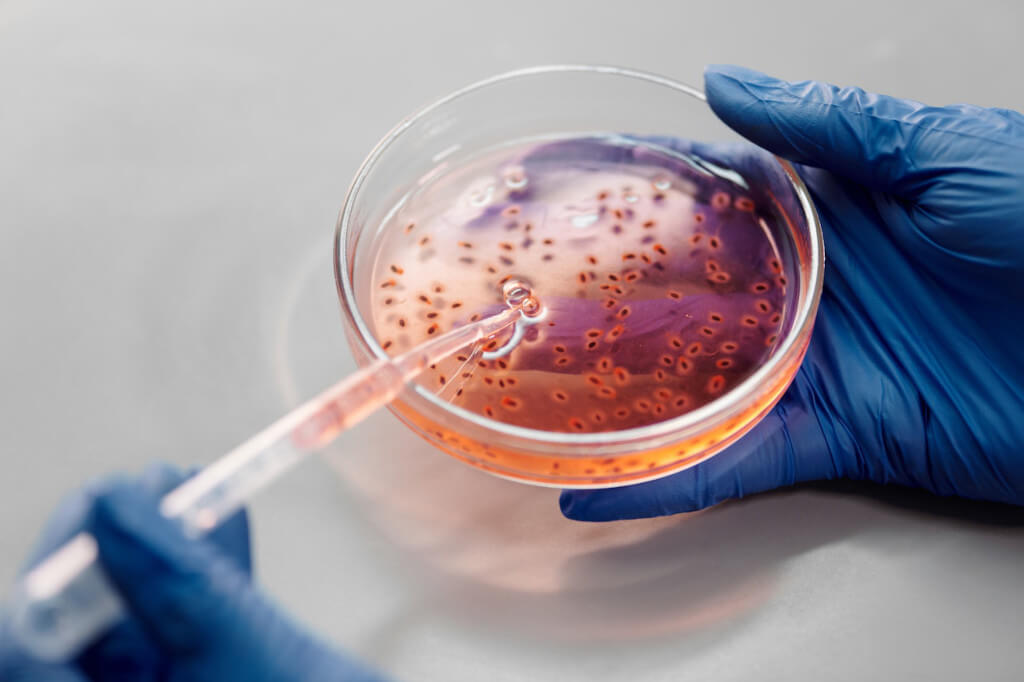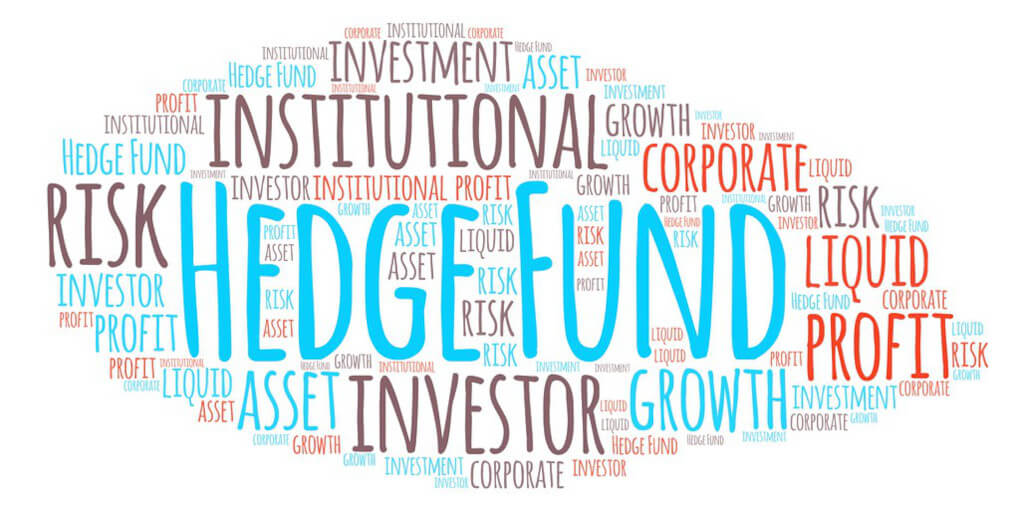Individuals who have been following this market closely for some time are likely aware that there’s been a significant amount of debate about whether or not we are currently in a “golden age of biotechnology.”
What Kind of Businesses Are Biotech Companies?
The majority of the time, biotechnology is employed throughout the production, design, and distribution processes at biotech companies. These goods have a potential market in a variety of industries across the globe, ranging from agriculture to the medical industry.
There are also service-oriented applications of biotechnology; clinical data trial management software is an excellent example of this trend. However, to begin marketing and selling their goods within their respective jurisdictions, biotech companies must first obtain regulatory approval for the products they intend to market and sell. For instance, simply because something has been granted permission to be sold on the market in the United States does not mean that it will also be granted permission in the European Union or Australia.
Should the Managers of Hedge Funds Consider Adding Stocks From Biotechnology Companies to Their Portfolios?
More recently, in September 2021, the Investor Chronicle reported that even though the sector underachieved in 2021, relative to numerous other stocks, asset manager Baillie Gifford argues that it is on the verge of change,’ which implies that long-term growth potential is abundant. Even though prices fell significantly during the first half of 2022, the managers of hedge funds have not been deterred from investing in the expectation that prices may have reached a bottom and are on the verge of a recovery in the not-too-distant future.
How Poorly Have Investments in Biotechnology Performed Throughout the First Half of 2022?
The Nasdaq Biotechnology Index, which serves as a standard for the US biotechnology industry, experienced a decline of more than 20% during the first half of the year 2022. Since it hit an all-time high in August 2021, the index has suffered a loss of value equivalent to one-third of its previous value, making it difficult for many biotech companies to raise capital.
But How About the Bigger Picture in the Longer Term?
The Nasdaq Biotechnology Index experienced a rise of more than 280% between the 29th of June, 2012, and the 1st of July, 2022, going from 1,351.63 points to 3,830.44 in that period.
This is not a bad return rate throughout a timeframe that was close to catastrophic for money savers but it wasn’t a golden era for investors either, but from November 1993 (when the index started) to March 2000, the index increased by nearly 700% before descending in the wake of the tech bubble.
Why is the Biotechnology Industry So Unstable?
Because of the environment of how biotechs and shareholders react to positive and negative news, biotech funds and shares can be subject to significant swings and roundabouts in price. This is because of the nature of the biotech industry. It’s often a “make or break” situation: either treatment will work for millions of individuals or it won’t be sold to anyone at all. If it doesn’t work, there’s no point in developing it.
The market capitalizations of many biotech companies are typically quite low when they first begin operations. But when a discovery is on the horizon, such as the development of a new wonder drug or an innovative cancer treatment, the share value of these stocks may increase by hundreds or even thousands of percentage points. This is because investors anticipate that the market will react positively to the news. On the other hand, prices may drop just as rapidly in response to unfavorable news.
For instance, if a drug does not produce the outcomes that the business expected, or if the FDA deems the drug to be dangerous or ineffectual, the share price could plummet overnight as shareholders clamber to withdraw their money from the company.
The Authorization for Products That Are Based on Biotechnology is Frequently Difficult and Time-consuming
Even when a drug is a great candidate, many companies must wait years or even decades before their treatment options can be considered safe and efficient for use in the general public or subgroups.
Be wary of what you’re investing in whenever you listen to an announcement about just a new drug candidate because many drugs that are in clinical studies never make it out of the testing phase and onto the market.
Put the following questions to yourself:
- How widely do you think the products of this company could be used in the various markets?
- Have product lines from this company ever been approved by the relevant authorities?
- Is there a large number of other drug candidates requesting regulatory approval that are similar to this one?
- Exist any data derived from early clinical trials or pre-clinical tests?
- Keep an eye out for the stage the company is currently in.
The earlier in the process testing begins, the greater the level of risk. A significant portion of drugs that are still in the discovery stage is never moved on to the preclinical or clinical testing stages. This is because there is no assurance that the drug will be deemed both safe and effective during the clinical testing phase. So, which investments in the field of biotechnology have the potential to bring significant returns over the next few years?
Keep in mind that investing in biotech stocks involves a high level of risk. There is no assurance that you will receive a profit from your investments, and there is a possibility that the value of these stocks will go down. If you want to lower your risk, you should consider diversifying your holdings by purchasing biotech funds rather than individual shares of the company’s stock.
However, the following are three biotechnology companies that hedge fund managers may find interesting when considering the options for their portfolios:
Exelixis Twist
Exelixis is a mid-sized biotechnology company that is developing medicine to help people living with cancer recover and improve their quality of life. To bring antibody-based immuno-oncology treatments to the market, the company has agreed to pay Swedish clinical-stage biotech company BioInvent $25 million to test three drug targets that they have developed.
Recent Returns
Although Exelixis’ share price has decreased since it began selling shares in 2018, the company’s revenue has increased by 31.73% year-on-year as of March 2022.
Twist Bioscience
This company is in the business of manufacturing synthetic, and to do so it has developed a specialized manufacturing process based on silicon. Additionally, the company is working on the storage of digital data in DNA, and it intends to sell its wares to the agricultural, chemical, and educational industries.





